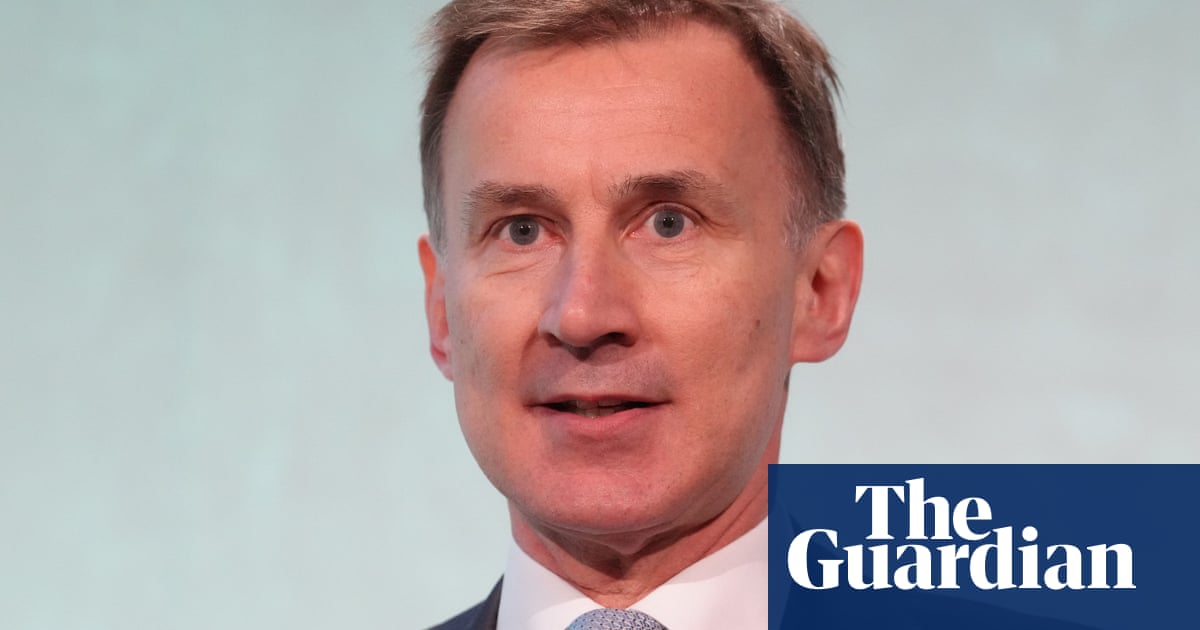
Jeremy Hunt's financial planning lacks credibility and the chancellor should not announce tax cuts in next week's budget if he cannot lay out how he will fund them. The Institute for Fiscal Studies (IFS) calculates that Hunt would need to find ਲ਼5bn of cuts from already threadbare public services if he plans to use a Whitehall spending freeze to pay for pre-election giveaways. An increase from an expected 5bn of headroom to about ਵ0bn over the next five years would come at a high cost, according to IFS.


